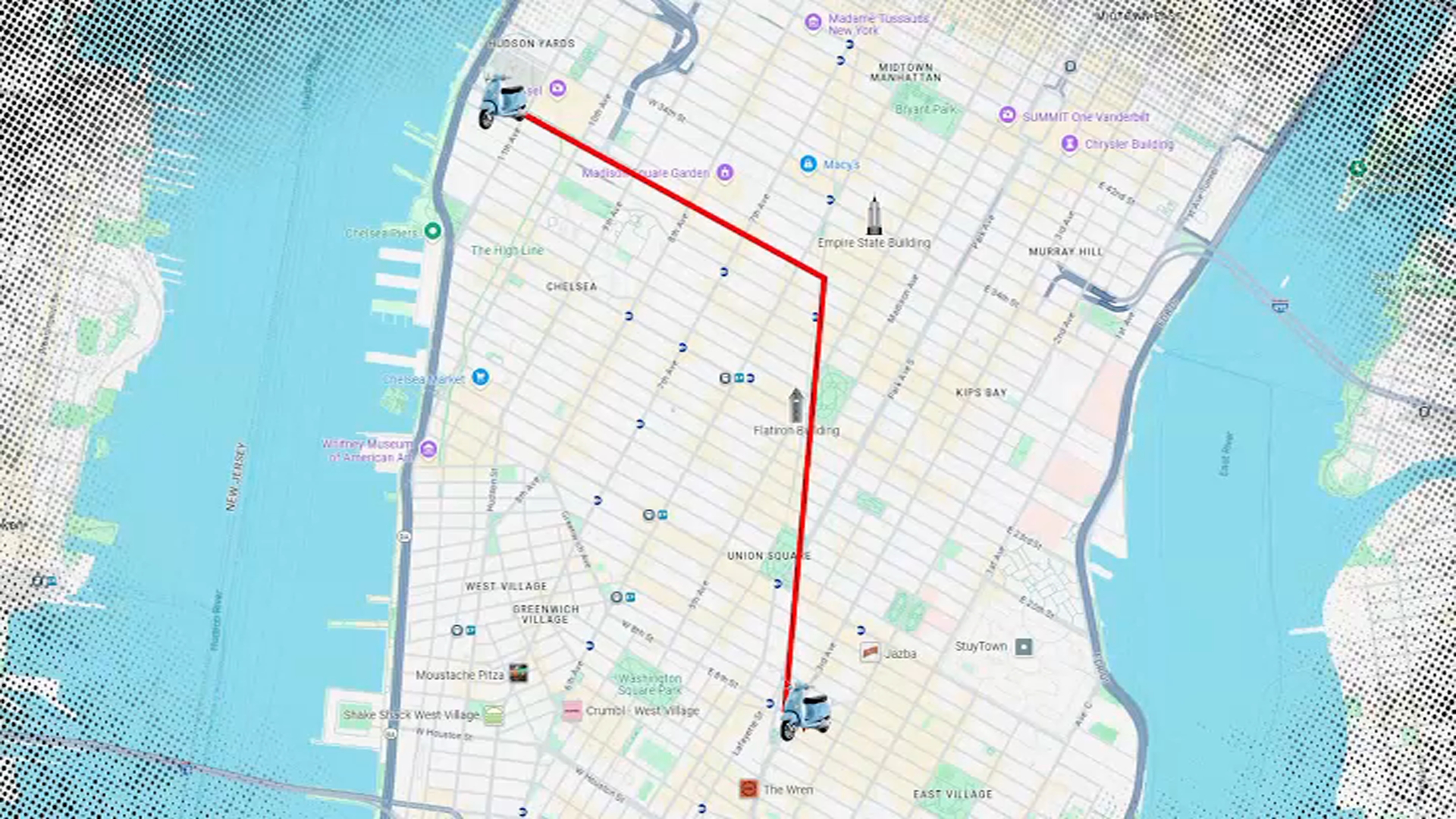Tune in for "State of Addiction," a special week-long investigative series beginning on Monday, Dec. 11 on News 4 New York.
The lifesaving drug naloxone (known commonly by its brand name Narcan) can reverse the effects of an overdose. Naloxone was was traditionally an injectable formula. The FDA approved a “user-friendly” intranasal formulation of naloxone in November 2015. The year before, it approved an auto-injector formulation.
New Yorkers can purchase naloxone without a prescription at more than 700 pharmacies throughout the city, including all major chain pharmacies. Use this naloxone finder to see places near you.
Source: CDC; Map: Will Mathis/NBC
At least one form of naloxone is covered by most insurance plans, including Medicaid. It’s also available free from registered Opioid Overdose Prevention Programs.
The Health Department offers regular naloxone trainings, where New Yorkers can learn how to recognize the signs of an overdose and respond by calling 911 and administering naloxone. The trainings are free, and all participants are offered a free naloxone kit.
Here's what to do if you're with someone who appears to be overdosing, according to the Connecticut Department of Mental Health and Addiction Services.
Local
1. Check to see if the person is exhibiting signs of an overdose. They may be unresponsive, have very slow breathing (less than 10 breaths per minute) or may not be breathing at all. Their skin may be blue or gray, especially their lips and fingernails. They may also be making loud, uneven snoring or gurgling noises.
2. Call 911. Laws in New York, New Jersey and Connecticut offer protections from drug possession charges for people who seek medical help for victims of an overdose.
3. Help the person breathe by putting them on their back and opening their airway by tilting their head back and lifting their chin. Then pinch their nose and give two breaths first, then one breath every 5 seconds. Continue to do this until they’re revived or EMS arrives, or to give them naloxone.
Nina Lin/NBC
4. To administer injectable naloxone: Pop off the orange top of the vial and insert the syringe. Remove 1 cc of Narcan by pulling down on the plunger. Then insert the syringe into a large muscle and push the plunger in.
5. To administer naloxone with an Evzio auto-injector: Pull the device apart and follow the instructions it provides.
6. To administer naloxone nasal spray: Tilt the person's head back while supporting their neck with one hand. Then insert the device into one nostril with the other hand and push up briskly on the plunger with your thumb.
7. To administer intranasal naloxone: Remove the yellow cab atop the plastic tube and screw the atomizer on. Then remove the bottom yellow cap and the red cap from the vial; screw the vial into the bottom of the tube. Next, spray half the vial up each nostril by pushing the vial up through the tube.
8. Give a second dose of naloxone if there's no response after 2 to 3 minutes. Multiple doses of naloxone may be needed to reverse fentanyl overdoses because of the high potency compared to other opioids.
9. If you must leave the person alone at any time, put them in the recovery position by rolling them onto their side so they won't choke if they start to vomit.
Source: nyc.gov; Map: Will Mathis/NBC



